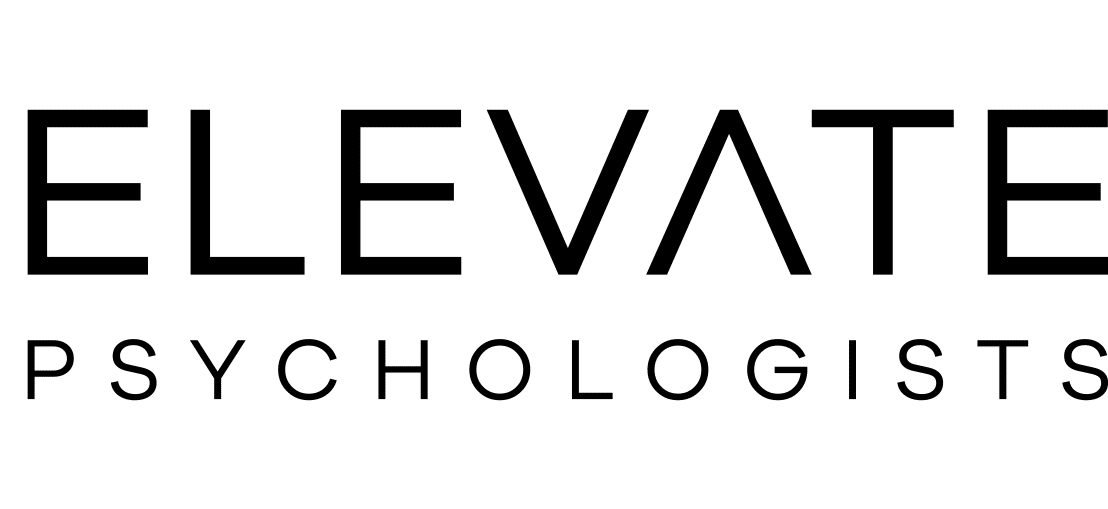Can AI Replace a Clinical Psychologist?
Introduction
In recent years, artificial intelligence (AI) has been transforming various industries, and healthcare is no exception. The implementation of AI in medical settings has raised questions about its potential to replace human professionals, including clinical psychologists. This article by Elevate Psychologists (with the help of ChatGPT) explores the intersection of AI and psychology, analyzing whether AI can replace a clinical psychologist entirely or if it can function as a complementary tool to enhance mental healthcare.
The Rise of AI in Healthcare
AI’s applications in the healthcare sector have shown promising results, from aiding in disease diagnosis to revolutionizing patient care. In the field of mental health, AI is increasingly being utilized to offer support and insights for both patients and professionals.
The Role of a Clinical Psychologist
A clinical psychologist plays a vital role in diagnosing and treating mental health disorders. They employ various therapeutic techniques to help individuals cope with emotional and psychological challenges, providing personalized care based on each patient’s unique needs.
AI in Psychological Assessment
AI-powered psychological assessments on personal computers (“PCs”) have gained popularity due to their efficiency and objectivity. Machine learning algorithms can analyze infinite amounts of data, allowing for more accurate and comprehensive assessments. However, it is crucial to consider the limitations and ethical concerns associated with relying solely on AI for complex psychological evaluations.
AI-Based Therapeutic Interventions
In recent years, AI has been developed to offer therapeutic interventions. Chatbots and virtual therapists are designed to provide support and guidance to individuals dealing with mental health issues. While these AI-driven interventions can be beneficial, they must be used cautiously and in conjunction with human-led therapy.
The Human Connection in Therapy
One of the key aspects of effective therapy is the human connection between the psychologist and the patient. The emotional support and empathy provided by a human therapist are essential for many individuals in their healing journey, and this emotional aspect cannot be replicated by AI.
Ethical Considerations
The integration of AI in mental healthcare raises several ethical considerations. Privacy and data security must be prioritized to safeguard sensitive patient information. Additionally, the potential consequences of relying solely on AI for mental health support must be carefully assessed to ensure the well-being of patients.
The Future of AI in Mental Healthcare
The future of AI in mental healthcare lies in its collaborative potential. AI can be harnessed to improve diagnostics, enhance treatment plans, and provide additional resources for both patients and clinicians. It can help optimize therapeutic processes and offer personalized insights that may otherwise be overlooked. Please see article by American Psychological Association for their thoughts on the topic here.
AI as a Complementary Tool
While AI exhibits promising capabilities, it should be seen as a supplementary tool rather than a complete replacement for clinical psychologists. Human expertise, compassion, and intuition remain invaluable components of mental health treatment that AI cannot fully replicate.
Conclusion
AI has undoubtedly made significant strides in the field of mental healthcare, presenting opportunities to streamline processes and improve patient outcomes. However, it is essential to recognize that while AI can enhance mental health services, the human touch in therapy remains irreplaceable. The collaborative use of AI and the expertise of clinical psychologists may lead to a more comprehensive and compassionate approach to mental healthcare but we are a few years away from this.
FAQs
- Can AI completely replace clinical psychologists?
AI can provide valuable support, but it cannot replace the human connection and emotional intelligence offered by clinical psychologists. Human therapists play a crucial role in mental health treatment. - Are AI-driven psychological assessments accurate?
AI-driven psychological assessments can be highly accurate due to their ability to process vast amounts of data. However, they should be used alongside human judgment for a more comprehensive evaluation. - What are the ethical concerns surrounding AI in mental healthcare?
Ethical concerns include data privacy, potential biases in AI algorithms, and the responsible use of AI-based therapeutic interventions. - Can AI-driven chatbots offer effective therapy?
AI-driven chatbots can provide support and guidance, but they are not a substitute for human-led therapy. They can serve as supplementary resources for individuals seeking mental health assistance. - How can AI and clinical psychologists work together effectively?
AI can assist clinical psychologists in diagnostics, treatment planning, and personalized insights. Collaboration between AI and human professionals can lead to more effective and efficient mental healthcare services.
